Joining the fight against antimicrobial resistance
Rapid detection of AMR in clinical samples is now possible
The spread of bacteria resistant to antibiotics is a growing threat to public health. It is estimated that there are five types of infections caused by antimicrobial resistance (AMR) and 33,000 people die each year as a direct consequence of an infection due to antibiotic resistance.
The burden of these antimicrobial infections is comparable to influenza, TB and HIV/AIDS combined. As a result, 39 per cent of this burden is due to infections from bacteria that are resistant to last-line antibiotics, carbapenems and colistin. When these are no longer effective, it can become impossible to treat infections.
Meanwhile, there are a lack of rapid tests available to identify resistant bacteria in clinical samples. Current tests take between 16 to 30 hours, which delays the prescription of appropriate antibiotic treatment for patients. This is coupled with a lack of standardised diagnosis pathways to tackle AMR.
Fast detection of multi-drug resistant bacteria
The AMR-DetecTool has been designed so clinical microbiology laboratories can quickly test for resistant bacteria. The tool is highly sensitive, making it able to directly detect the beta-lactamase enzymes produced by bacteria resistant to antibiotics.
The tool consists of a strip in a disposable device made of plastic, making it a fast and affordable solution. The relevant sample is deposited onto the strip. When the sample is in contact with the strip, it flows along, passing through a pad containing antibodies. If bacteria is present in the sample, the antibodies will bind to it, recognising the test line and a control line, and coloured bands will appear. If no bacteria are present, the antibodies will only react with the control line and a single band will appear. Results can be read by the naked eye after 15 minutes.
The detection device will link to an online AMR database that will integrate decision-making strategies for AMR diagnosis and management from the World Health Organisation (WHO) and the European Centre for Disease Prevention and Control (ECDC). This will help with more targeted screening and patient treatment, to establish a more efficient, cost-effective pathway for patients in hospitals.
EIT Health support helps the team over innovation pitfalls
Members of the AMR-DetecTool consortium, including ten hospitals, were brought together by EIT Health in 2018. With EIT Health’s help, the team received funding, exposure to a network of innovators in the field, and a demanding external project reporting environment.
The AMR-DetecTool is so easy to use that no special skills or expensive equipment are needed, helping to establish standard detection procedures, while delivering time and cost efficiencies.
Vitally, it will limit the number of antibiotics prescribed, as well as advance proper hygiene measures to avoid the spread and extra costs of hospital-based infections. There is an exciting future for this tool, and the team are planning to launch a cost-effectiveness study to determine the scale of efficiencies it could make to healthcare systems.
Find out more

Members

CLC/InnoStars: France
Partner classification: Research, Tech Transfer, Clusters, Other NGOs
The CEA is a public organisation,leader in research, development and innovation, active in 4 main areas: low-carbon energies, defense and security, information technologies and technologies for health, promoting the transfer from research to industry.
Key Activities in Business Creation
Incubation, Technology Transfer

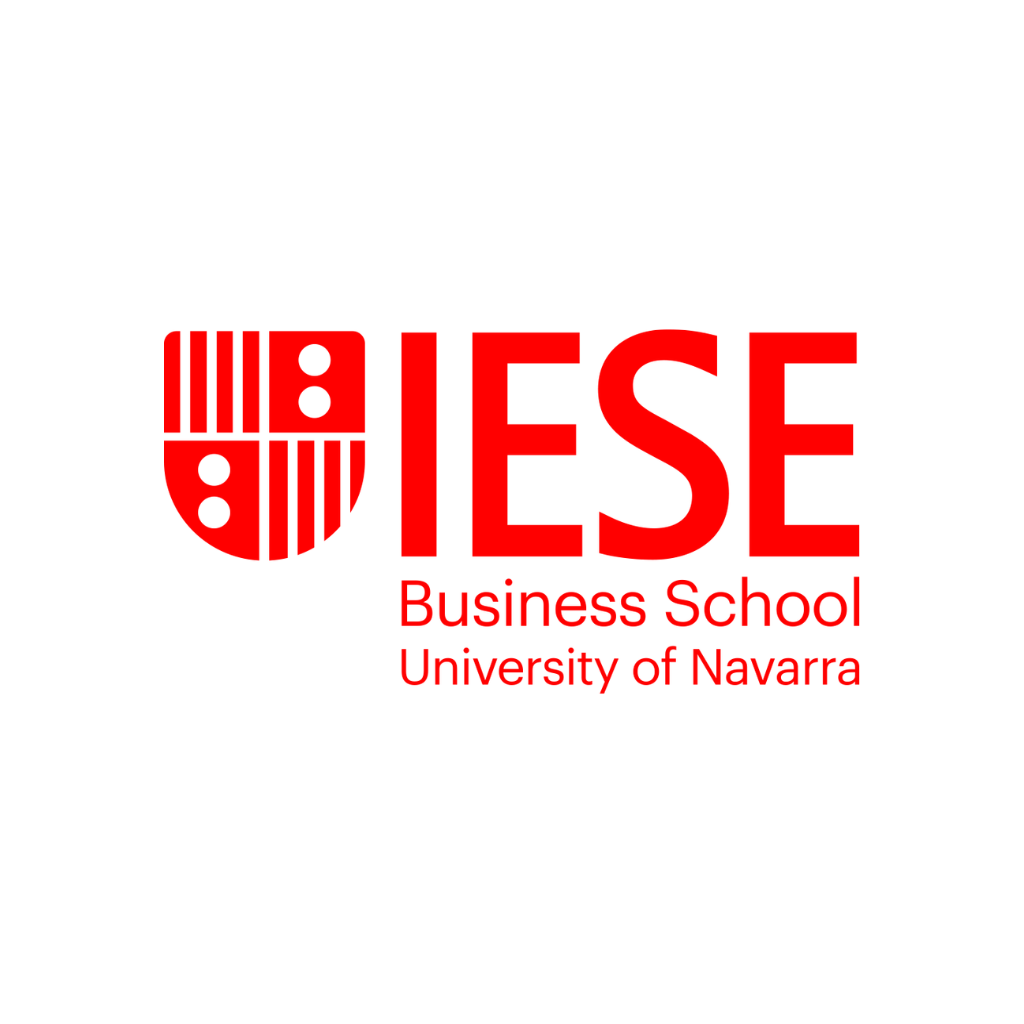
CLC/InnoStars: Spain
Partner classification: Business, Education
IESE Business School is dedicated to training professional managers, with international educational programmes, including those with a particular focus on innovation management in the Health sector. IESE Centre for Research in Healthcare Innovation Management (CRHIM), created in 2012, builds on over 30 years of expertise in the sector. It enables public and private R&I projects to become a reference centre for health innovation management. Specialist areas include: Health management, health economics, business development, executive education, capacity-building activities.
IESE Business School (CHRIM)
IESE Business School (CHRIM), Av. de Pearson, 21, 08034 Barcelona, Spain
Key Activities in Business Creation
Finance & Investment, Business coaching
Key Activities in Education
Business Schools, Entrepreneurship training, Technical faculties, Healthcare professional education/training

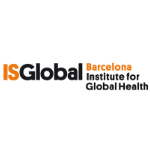
CLC/InnoStars: Spain
Partner classification: Research
Partner type: Linked/Affiliated Party
Fundación privada Instituto de Salud Global Barcelona (ISGLOBAL)
Fundación privada Instituto de Salud Global Barcelona (ISGLOBAL), Carrer del Rosselló, 132, 08036 Barcelona, Spain
Key Activities in Business Creation
Testing & Validation
Key Activities in Education
Medical faculties, Healthcare professional education/training

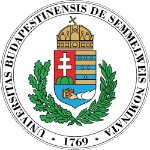
CLC/InnoStars: InnoStars
Partner classification: Education, Research, Hospital / University Hospital
With over 240-year-old tradition, Semmelweis University (SU) is one of Europe’s leading centres for research and innovation in biomedical sciences and related fields. Based on the R&D index the SU is one of the country’s best Elite Research-Universities employing more than 1100 staff scientists in 140 active research teams. As the largest independent health care provider in Hungary, SU is providing excellent capacities for high quality testing and for the implementation of research results. SU is an international specialized public university with five faculties: Dentistry, Health and Public Services, Health Sciences, Medicine, Pharmacy. Study programs range from undergraduate to doctorate level and are offered in three languages at five faculties. The SU Innovation Centre was established in 2013 as a central university department in charge of R&D administration and support. It deals with technology transfer, third party funding, fundraising, knowledge management and entrepreneurship.
Semmelweis University (SE)
Semmelweis University (SE), Budapest, Üllői út 26, 1085 Hungary
Key Activities in Corporate Innovation
Pharma, Med Tech, ICT, Diagnostics, Imaging
Key Activities in Social Innovation
Healthcare provision
Key Activities in Business Creation
incubation, Technology Transfer, Testing & Validation
Key Activities in Education
Medical faculties, Healthcare professional education/training

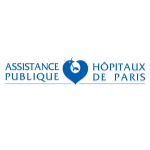
CLC/InnoStars: France
Partner classification: Tech Transfer, Clusters, Other NGOs, Hospital / University Hospital
Partner type: Core Partner
We are a teaching hospital with a European dimension globally recognized. Our 39 hospitals attended each year 8 million sick people: consultation in emergency hospitalizations during scheduled or home hospitalization. We provide a public health service for all, 24/24, and it is for us both a duty and pride.
Assistance Publique - Hôpitaux de Paris
Assistance Publique - Hôpitaux de Paris, 1 Avenue Claude Vellefaux, 75010 Paris, France

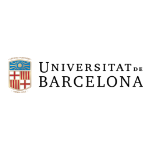
CLC/InnoStars: Spain
Partner classification: Academic, Education, Research
The University of Barcelona is the most intensive university in research in Spain. Our university has a great capacity for innovation in various fields, of which the health sector stands out both due to the amount and the quality of the outcomes produced by faculties such as the Faculty of Medicine and Health Sciences, the Faculty of Pharmacy and Nutrition or the Faculty of Psychology. Our activity within the EIT Health projects is often enriched and sometimes dominated by the technology and/or knowledge created in the Faculties of Biology, Chemistry, Physics, Mathematics and Computer Science or even Fine Arts. We have also several Research Institutes that merge multidisciplinary teams working on topics as diverse as Neuroscience, Complex systems, Biomedicine, etc. as well as a couple of Technology Transfer Institutes such as CREATIO https://www.ub.edu/creatio/en/, the first Academic Center for the Production and Validation of Advanced Therapies in Spain, and Farmatec http://www.ub.edu/sdm/in_index.htm, a Service of Development of Medicines under GMP regulation
University of Barcelona
University of Barcelona, Gran Via de les Corts Catalanes, 585, 08007 Barcelona, España
Key Activities in Research and Developement
https://web.ub.edu/en/research
Key Activities in Corporate Innovation
https://web.ub.edu/en/the-university
Key Activities in Business Creation
https://startub.ub.edu/en/community/incubated-companies/
Key Activities in Education
https://web.ub.edu/en/learn

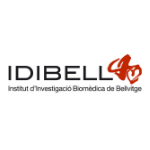
CLC/InnoStars: Spain
Partner classification: Research
Partner type: Linked/Affiliated Party
The Bellvitge Biomedical Research Institute (IDIBELL) is a biomedical research center established in 2004. Its stakeholders are Bellvitge University Hospital and Viladecans Hospital of the Catalan Institute of Health, the Catalan Institute of Oncology, University of Barcelona and the town council of L’Hospitalet de Llobregat.
Fundacio Institut d'Investigació Biomèdica de Bellvitge (IDIBELL)
Fundacio Institut d'Investigació Biomèdica de Bellvitge (IDIBELL), 08908 L'Hospitalet de Llobregat, Barcelona, Spain
Key Activities in Business Creation
Testing & Validation
Key Activities in Education
Medical faculties, Healthcare professional education/training
